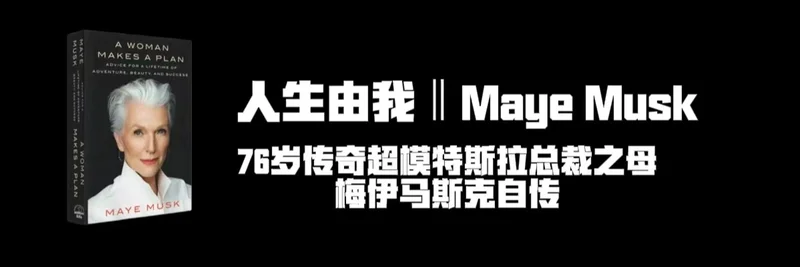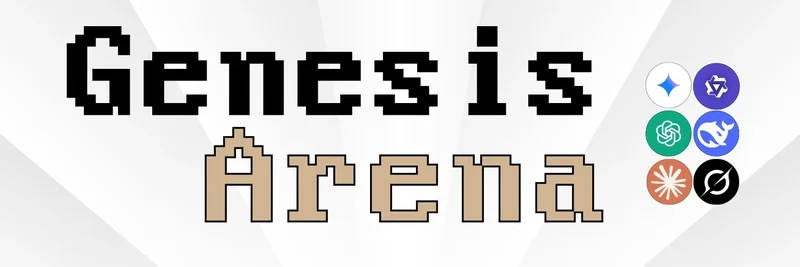In the ever-volatile world of cryptocurrency, few stories have captured attention like the dramatic downfall of Terraform Labs and its founder, Do Kwon. If you're new to this, Terraform Labs created TerraUSD (UST), an algorithmic stablecoin meant to hold a steady $1 value, and Luna, its sister token that helped maintain that peg through smart contracts. But in May 2022, everything unraveled, wiping out around $40 billion in value and shaking the entire crypto market.
Fast forward to August 12, 2025, and Do Kwon, the South Korean entrepreneur behind it all, pleaded guilty in a New York federal court to two serious charges: conspiracy to commit fraud and wire fraud. This plea comes after years of legal battles, including his arrest in Montenegro and extradition to the U.S. According to reports from Reuters, Kwon admitted to misleading investors about how TerraUSD regained its peg after a slip in 2021. Instead of relying solely on the algorithm as he claimed, he secretly arranged for a trading firm to buy up tokens to prop up the price artificially.
This isn't just a personal downfall; it's a cautionary tale for the crypto space, especially for those dabbling in meme tokens and volatile projects. Meme coins often thrive on hype and community buzz, much like how Luna's value skyrocketed to $50 billion before the crash. But as we've seen with Terra, when the underlying mechanics falter—whether it's an algorithm or just pure speculation—the results can be devastating.
Under the plea deal with U.S. prosecutors, Kwon could face up to 25 years in prison, though the government has agreed to push for no more than 12 years if he fully owns up to his actions. Sentencing is set for December 11, 2025, before Judge Paul Engelmayer. In court, Kwon expressed remorse, saying, "What I did was wrong," and apologized for his misleading statements.
Beyond the criminal case, Kwon has already settled civil charges with the U.S. Securities and Exchange Commission (SEC), agreeing to an $80 million fine and a ban from crypto transactions as part of a massive $4.55 billion settlement. He's also facing charges back in South Korea, so this saga might drag on even after his U.S. sentence.
For blockchain practitioners and meme token enthusiasts, this highlights the importance of due diligence. Always look beyond the hype—check the tech, the team, and the transparency. Projects like Terra promised innovation but delivered disaster due to hidden risks. As the industry matures, events like this push for better regulations and accountability, potentially making the space safer for everyone.
If you're building or investing in meme tokens, remember: sustainability matters. Flashy promises can lead to quick gains, but as Do Kwon's story shows, they can also lead to severe consequences. Stay informed, and let's hope this closes a dark chapter in crypto history.




